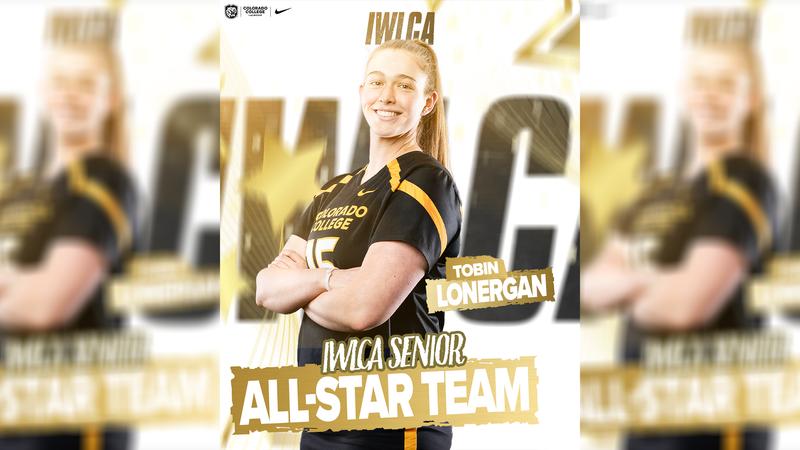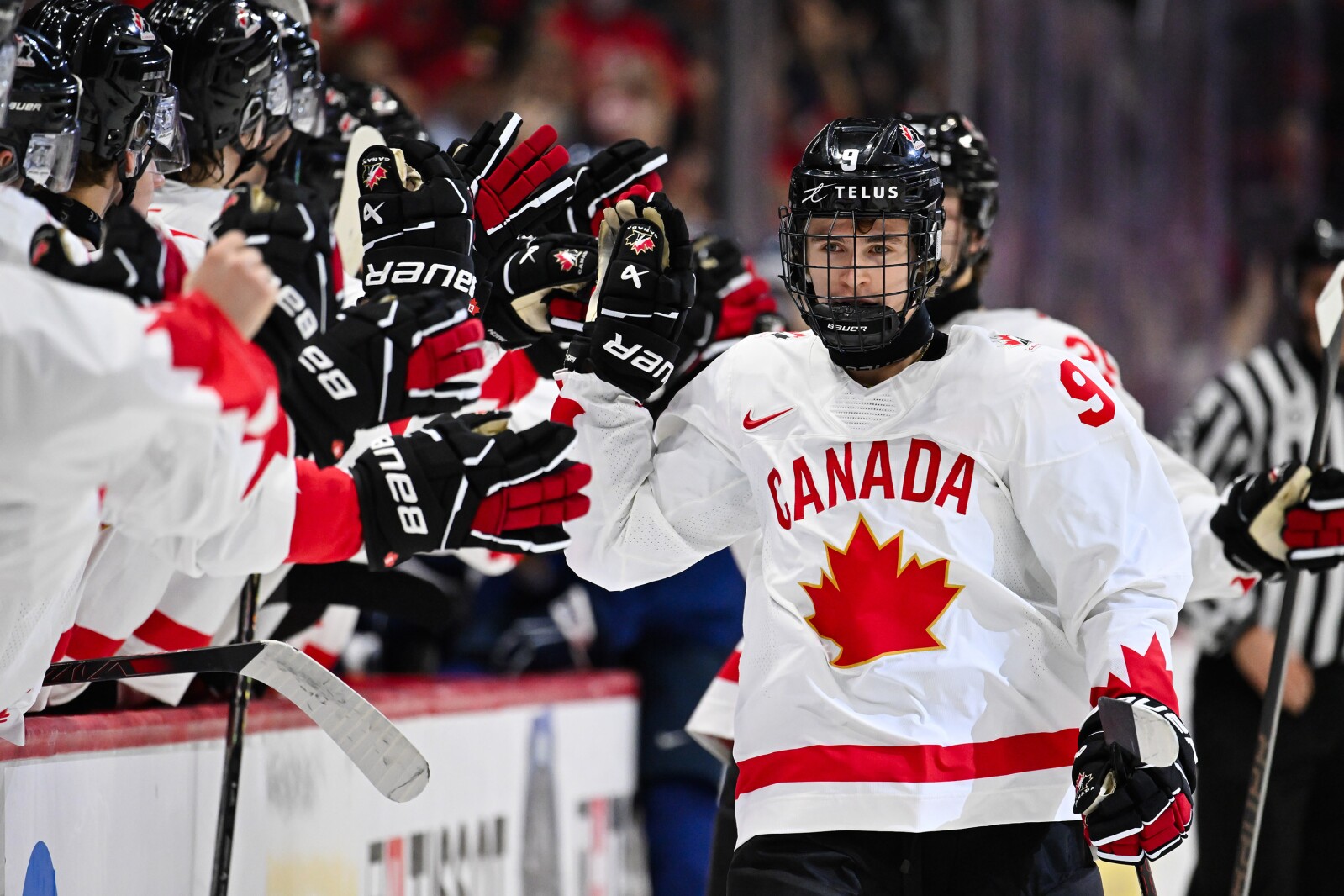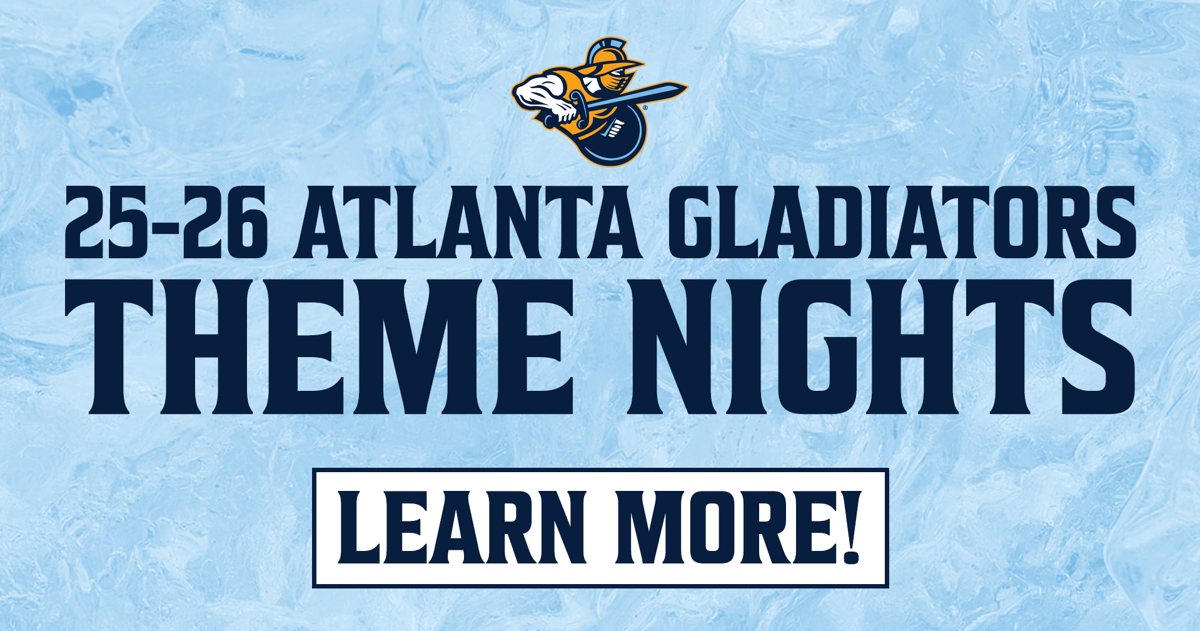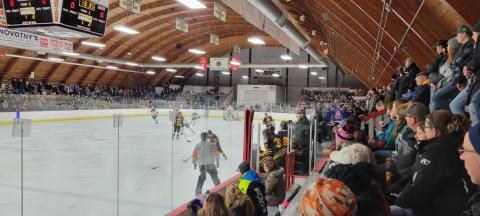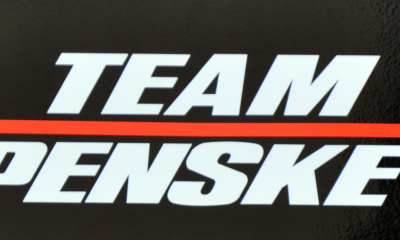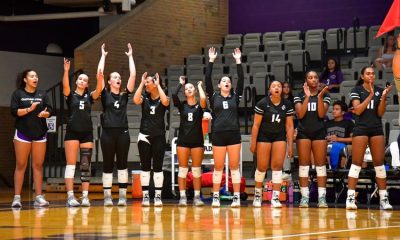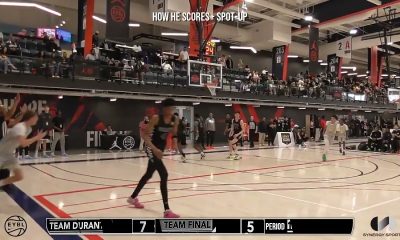Air Force hockey coach Frank Serratore is hoping trickle-down economics play in his favor.
The tenured Falcons coach enters what could be his most challenging season yet.
Not only did the House v. NCAA settlement in June enable schools to pay athletes directly, but Canadian Hockey League players will be eligible to play NCAA hockey for the first time in the fall. Air Force won’t benefit from either change.
U.S. citizenship is a requirement for entrance into a service academy and the majority of players in the CHL are Canadian-born.
The hope is that with the Falcons’ opponents selecting players from the CHL in addition to players from American junior leagues, American players who don’t find a landing spot look to Colorado Springs to begin their collegiate careers.
“The only way we may benefit from this is the trickle-down effect. With all the other schools loading up with these Canadian junior players, it’s a supply-and-demand thing. Hopefully there’s gonna be more quality Americans available to us,” Serratore said. “Everybody else is getting deeper right now. There’s 60 CHL teams and there’s 63 college hockey teams, and all of a sudden you’ve got an entire league of 60 teams that all of a sudden saturates the collegiate hockey market.”
Serratore characterized the addition of CHL talent as a “massive paradigm shift” for the sport.
The NCAA Division I Council introduced that shift in November. The council voted that players who skated in one of the Canadian Hockey League’s three leagues — the Western Hockey League, the Quebec Maritimes Junior Hockey League, and the Ontario Hockey League — could play in the NCAA this upcoming season, provided they were not compensated beyond necessary expenses before college.
Previously, CHL players were considered professionals and thus ineligible.
Serratore expects many CHL players to come through the NCAA in the future because the collegiate landscape offers a chance to play against older competition.
“College hockey is a men’s league. Unless you’re a Connor McDavid, one of those types of players, all the players now are going to be filtering through college hockey, CHL players included,” he said. “The CHL is a good league just like the USHL is but it’s still a junior league, it’s still a boys’ league.
“College hockey is a men’s league, and the agents, the NHL teams, they want these players playing college hockey because they know playing against men in college is going to prepare them for the NHL.”
Come next season, he expects some fanbases to be surprised when they look at their teams’ lineups given all the new faces.
The Falcons will face such a team in cross-town rival Colorado College on Oct. 11. As the battle for the Pikes Peak Trophy goes back to just a single game, the group of Tigers playing at Cadet Ice Arena will look very different compared to last season . CC had nine NHL draft picks on its roster last season, but six departed via the transfer portal, graduation or signing pro deals. However, the Tigers added a plethora of drafted players through their Western Hockey League recruits.
“Between the transfer portal and incoming freshmen from traditional junior leagues, CHL players, transfers from U Sports, some of these rosters are going to be unrecognizable for their fanbases in comparison to last year,” Serratore said.
The Air Force coach said just two or three players in the CHL were American-born and good enough academically to be a fit for the Academy but those players went elsewhere.
Faced with the prospect of retirement after last season as his previous contract came to an end, Serratore chose to come back on a two-year deal in part due to the challenge of competing in this new environment.
He enters his 29th season with the same positive attitude he’s always had.
“The only thing we control as a staff are the same things that our players control and that’s your attitude and your effort level. Our staff has a got a great attitude,” he said. “We’re going to continue to work as hard or harder than we’ve ever worked. It’s never been easy here at the Academy but it’s never been more difficult than it is right now.”

